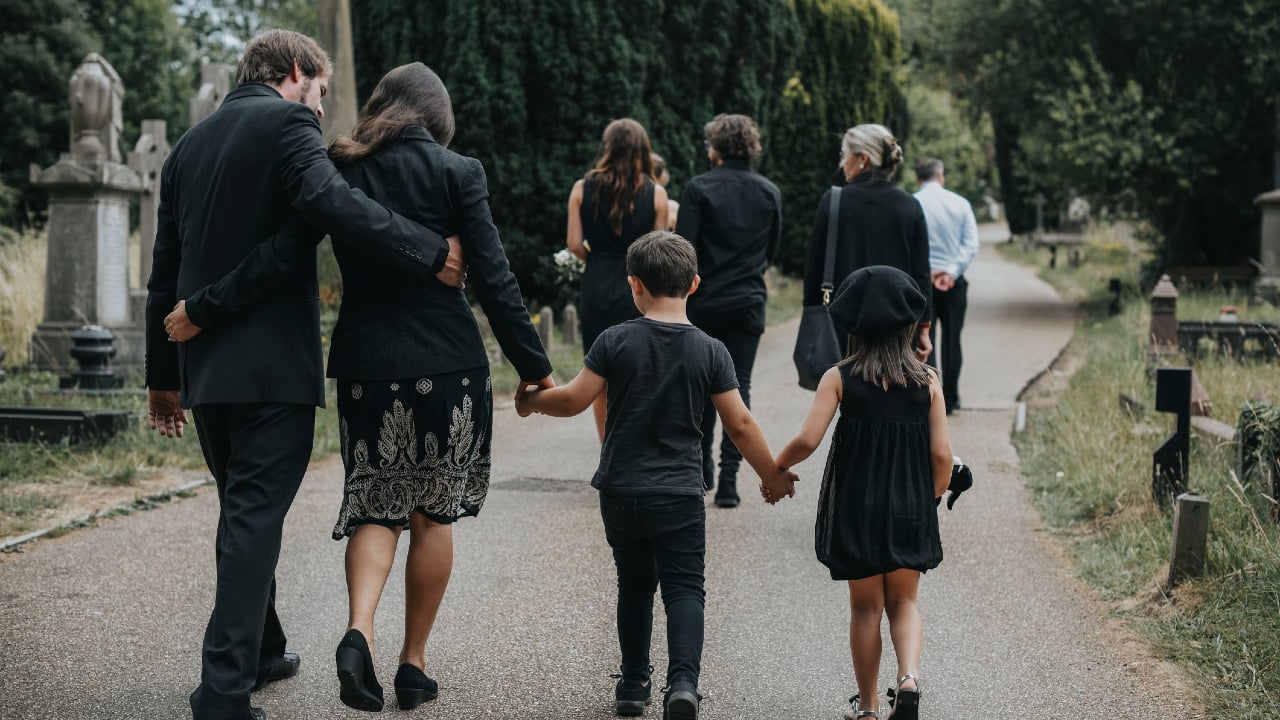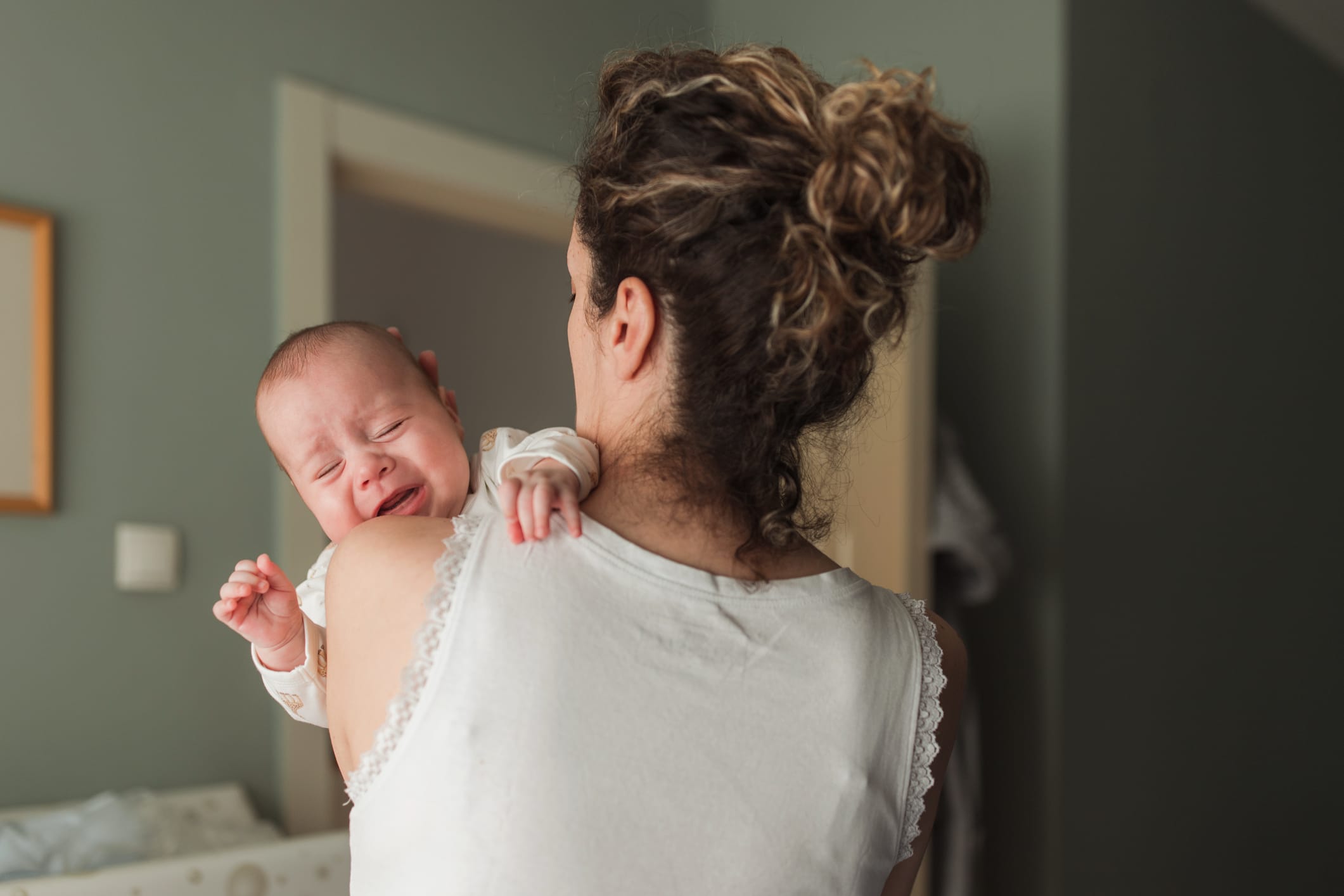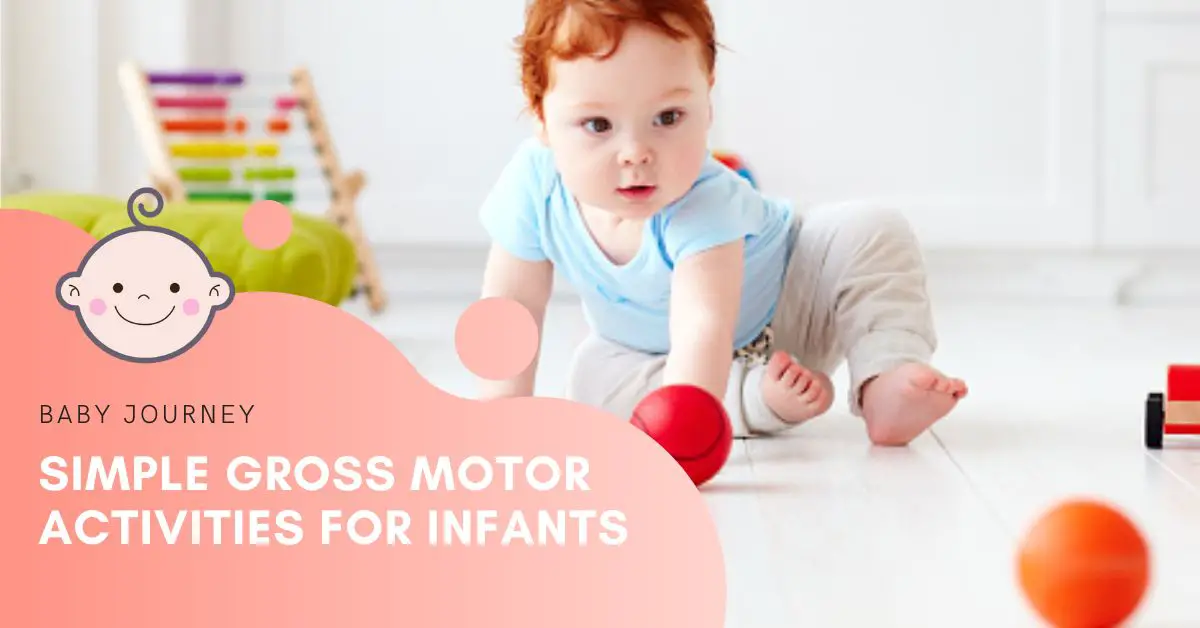With Queen Elizabeth’s funeral around the corner, some people are wondering if any royal children will attend—and if kids should attend funerals in general.
With Queen Elizabeth‘s funeral around the corner, some people are wondering if the royal children will attend. The question comes up in many families. Funerals make many parents nervous. They’re events marked with such intense emotion.
As a child psychologist, I’m asked about funerals often. Here’s the guidance I generally offer.
Should parents allow children to attend a funeral?
Generally speaking, yes. Of course, this is a family-by-family decision. There are some reasons why a parent might feel it would be best in a particular situation not to allow children to attend a funeral. However, I believe that children should be allowed to go to funerals and that families should attend together if possible. Funerals are an important part of the grieving process for adults and children alike. Having a strong turnout for a funeral is a show of support for the spouse or close family of the person who passed away. Funerals allow people to feel a sense of community as well as a sense of closure or finality. Funerals allow people to grieve and this is an important part of the healing process.
How do you explain a funeral to a child?
After explaining the concept of death, parents can simply say that after death, those who knew and loved the person who died will often gather together to say goodbye. Usually, this is done at a ceremony called a funeral. Funerals often take place in spiritual places like churches, synagogues, mosques and temples. This is a good opportunity for families to explain their own cultural traditions and beliefs around death.
Is so much sadness and grief too hard for a child to process?
Death is an important part of life and a concept everyone will have to face someday. Sheltering children from this concept does not help them in the long run. As a general rule, it is psychologically healthy to experience the typical emotion associated with an event. Repressing grief or other strong emotions can cause greater psychological difficulty down the road. However, children need to understand what is happening. The event needs to be contextualized and explained truthfully. Always avoid using euphemisms like, “the person has gone to sleep” as this is likely to confuse the child.
I’m worried my child will misbehave or cry during the funeral.
Children will be children. Babies will sometimes cry; kids will sometimes be unable to sit still. This is a part of the beautiful circle of life and is often comforting on some level for people to be reminded of new life at funerals. Unless the person organizing the funeral has specified that children are discouraged from attending, I would not worry about this. (You can always ask if it is unclear.) It is a good idea to talk to children about what behaviour is expected beforehand and to gently remind them throughout the event if necessary. Perhaps give your child a book or a small toy to keep them occupied.
Communities need to come together and help each other through difficult times. There is beauty in compassion and togetherness. There is grace in taking the time to remember the life of someone who has died. Children will learn important lessons and deepen their emotional maturity through participating in such events. With proper preparation, I encourage families to attend funerals altogether if possible.
Dr. Jillian Roberts is a child psychologist and professor at the University of Victoria. She is the author of What Happens When a Loved One Dies: Our First Talk about Death and On the News: Our First Talk About Tragedy.

 PARENTING TIPS
PARENTING TIPS PREGNANCY
PREGNANCY BABY CARE
BABY CARE TODDLERS
TODDLERS TEENS
TEENS HEALTH CARE
HEALTH CARE ACTIVITIES & CRAFTS
ACTIVITIES & CRAFTS


